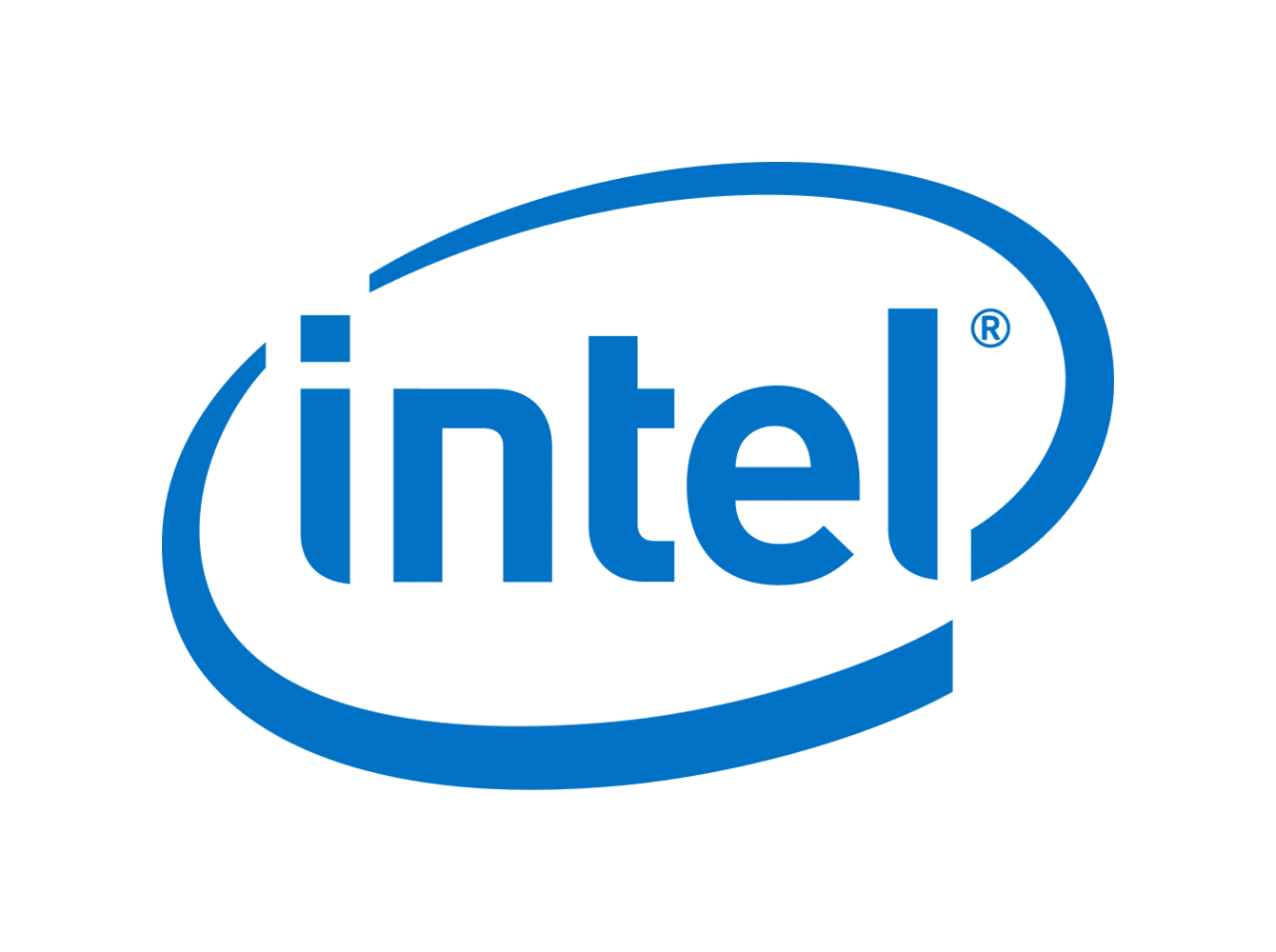Over the past 15 years I have bought cheap (Dell Inspiron) and expensive (Lenovo Business) laptops and no matter what: (a) the battery life always sucked, and (b) I never knew until a few years ago that CPU performance is always throttled no matter how powerful the CPU is that you purchased. The latter point made me not only mad, but upset because I wasted so much money on my last high-spec Lenovo laptop.
So my question is will these Meteor Lake chips really stop the performance throttling, stop the fan being on constantly, and of course, will the battery life really improve? I’m so sceptical based on my experience with x86 laptops. (FYI - I purchased an M1 MacBook Pro after it launched, and it has been the laptop I always needed. At home, I have an AMD-Ryzen 3600 tower PC that I built myself, which I’m happy with).


OP I’m not sure why everyone is missing the point of your question, I thought it was pretty obvious. Windows/Intel laptops have had pretty embarrassing performance for a long time. I have a 4 core 1135g7 in a thin and light laptop, and the fans still run up and blast when doing anything more than Internet browsing. Meanwhile an M1 MacBook air has higher performance in just about every way and it can sustain that performance fanless and have better battery life.
Obviously any laptop CPU is going to be more constrained than a desktop CPU, both in available power and cooling. But you’re hoping that meteor lake will be a fast enough architecture that even at a low power draw will be snappy enough to confidently use for a long time on battery, unlike current Intel laptop chips.
Anyone who says apple M series laptops are in the same predicament as Intel ones is being disingenuous. There is an obvious capability gap between Intel and apple laptops in battery life, absolute performance, sustained performance, and silence.
That’s not really a question but a complaint. Your reformulation of it as a question boils down to “will next gen perform better than the previous gen” to which the answer is yes, it will.